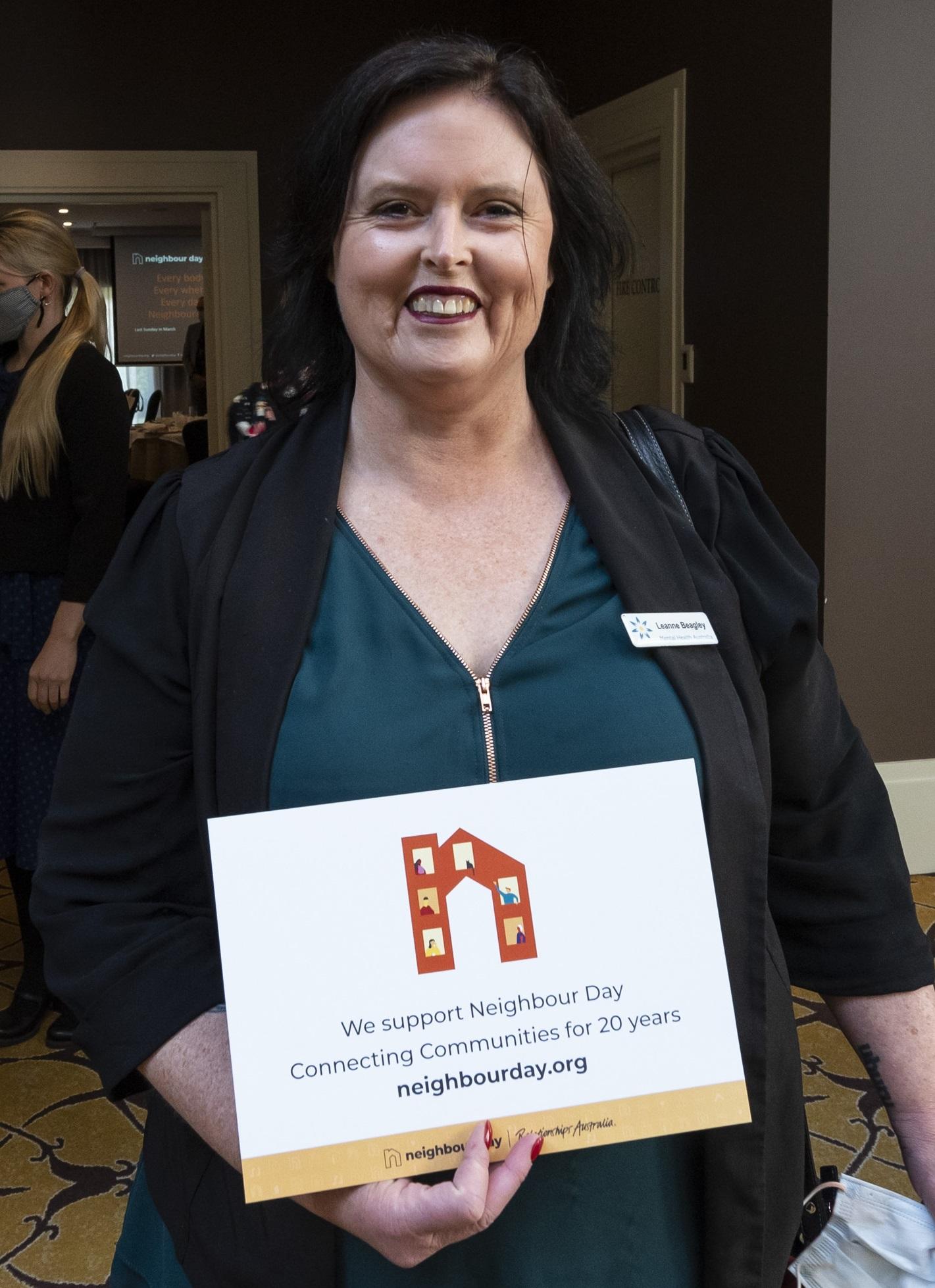Guest blog by Dr Leanne Beagley, Chief Executive Officer – Mental Health Australia
It is a new world.
The pandemic has left us with a new appreciation of our home and work spaces. It has left us with increased recognition of the important contribution school makes to families. It has reminded us how critically important the health, aged care and disability workforces are in supporting and caring for us, and those we love. We have all experienced some form of physical, and also social, isolation.
Most importantly from our point of view at Mental Health Australia, the pandemic has underlined the reality that connection between people is paramount to protecting our mental health. Before the pandemic when we talked about “mental health”, I think we meant “mental illness”. Whereas now there is broader community understanding now that mental health also means the impact of stress, grief, fear of the future and importantly loneliness.
For me, moving to a new city away from family and friends at the beginning of COVID has meant that I deeply understand two things more than I did before – one is the profound loneliness of physical isolation even if you can keep in touch by phone or online.
But secondly, the true value of connection with people who are not family, friends of work colleagues. That sense of personal connection with community members has become really important. For example, the warmth and engagement I have with the barista around the corner who recognises me, knows my coffee order, has a chat and notices when I miss a day, is incredibly important to me. The woman at the post office, who chats with me, knows my name and is as excited as I am when my online shopping orders arrive! The little girl who loves waving from the street to my balcony when she is coming home from kindergarten with mum and telling me about her day.
Relationships Australia’s research shows that communities where people (outside of family and friends) know each other have better mental health, are safer, and are more resilient. We need to look for ways to build these informal contacts and connections. It’s not all about doctors, or counsellors or psychologists where the mental health and wellbeing of Australians needs to be turned around. Informal and local neighborly connections matter and there is much we can each contribute in reaching out and building connections with those in our local communities. These connections are unique because they are entered into without obligation. They are just connections between two people, and in my case, they make my day!
At Mental Health Australia, we are very proud to be supporting Neighbour Day 2022. It seeks to build connections between people and communities across Australia – one relationship at a time – and we will be encouraging members and stakeholders to prioritise this in the weeks ahead as we reconnect in the new world living with COVID.
Mental Health Australia is the peak, national non-government organisation representing and promoting the interests of the Australian mental health sector and committed to achieving better mental health for all Australians.

